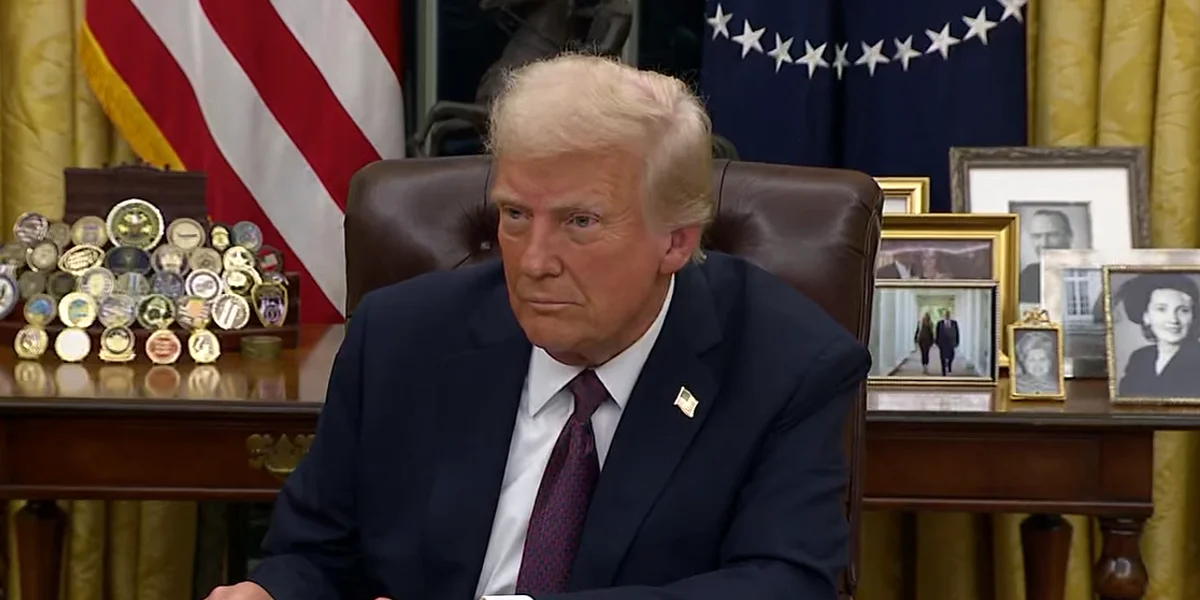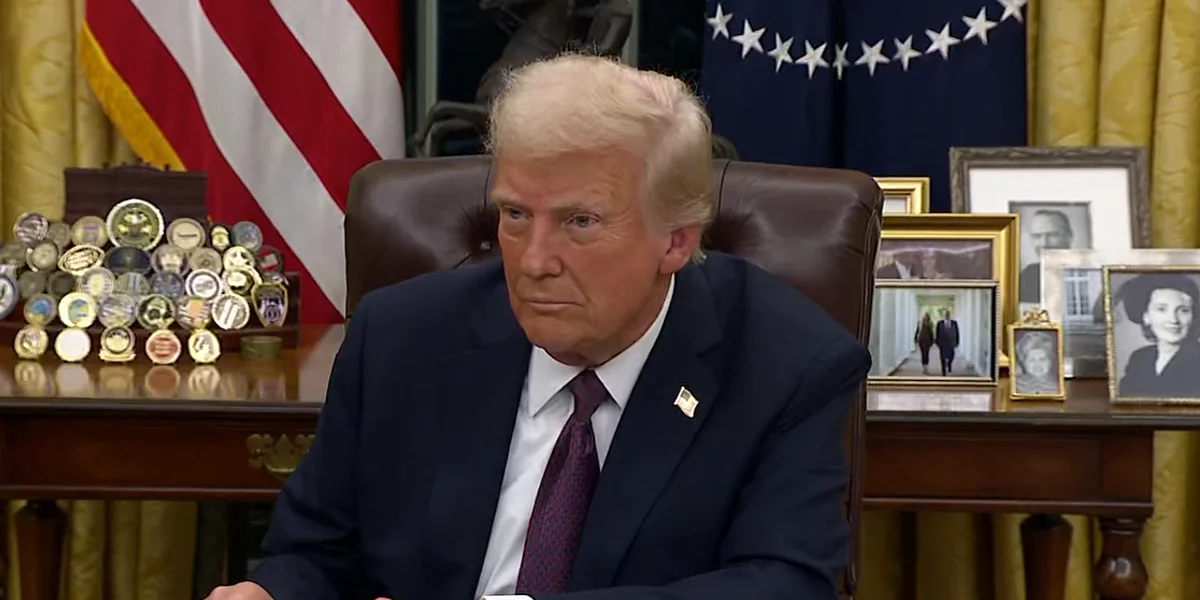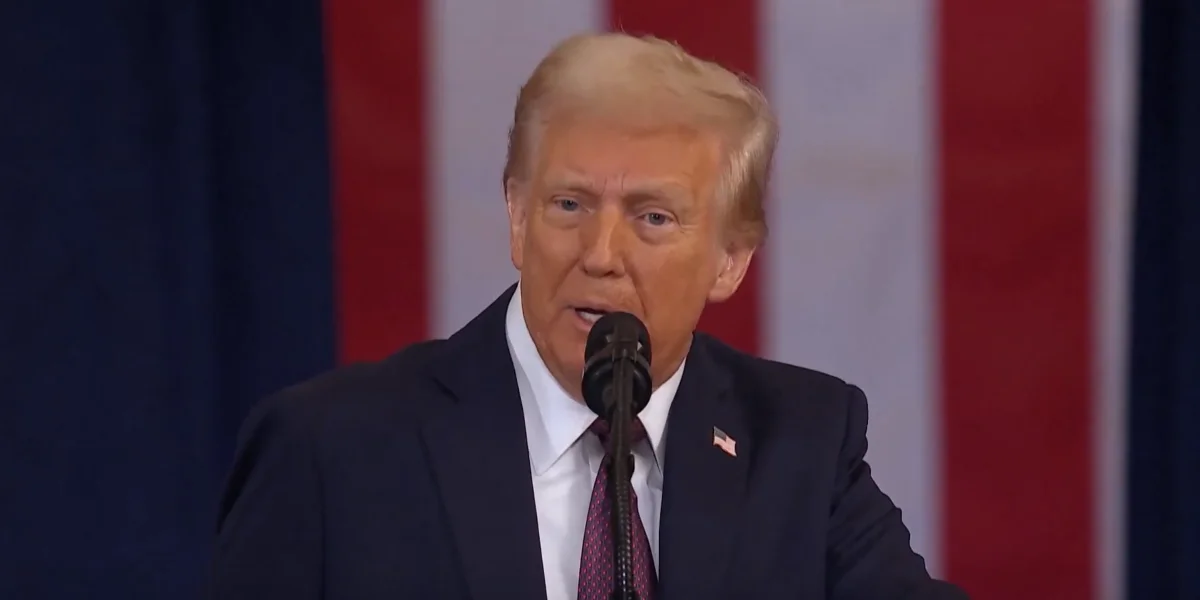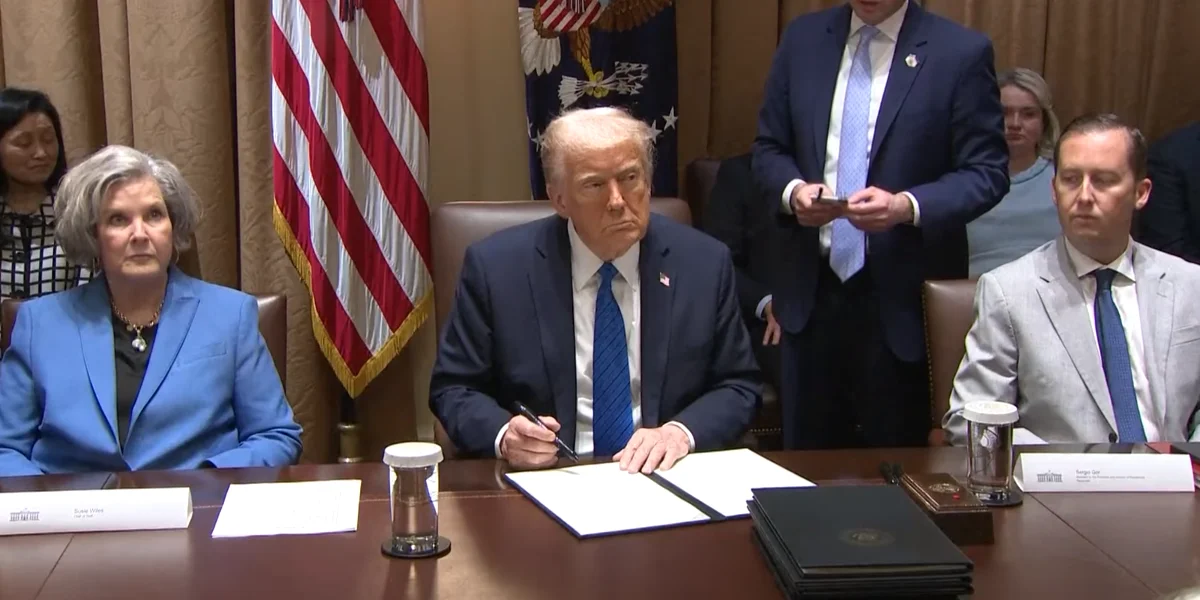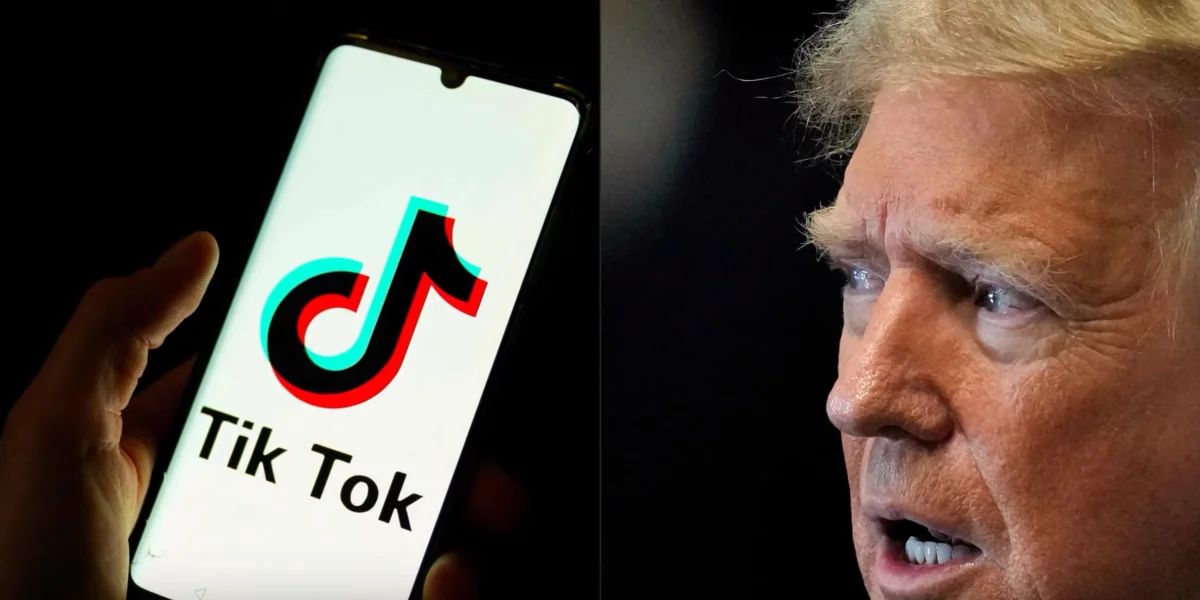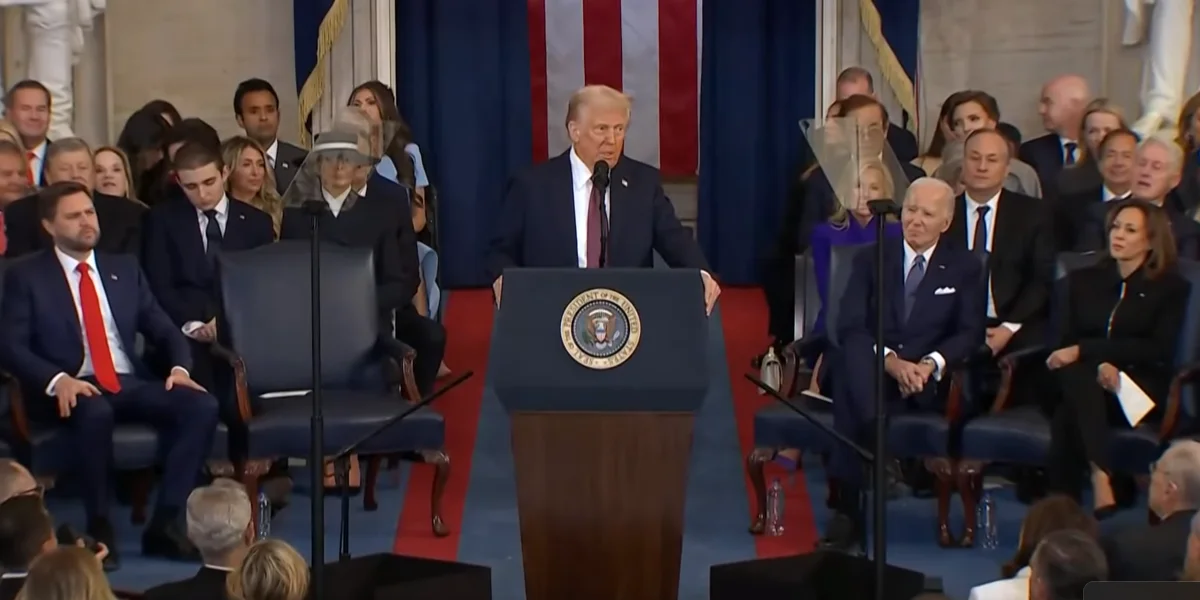Supreme Court sets date in May to hear arguments on Trump’s birthright citizenship order

The Supreme Court agreed on Thursday to hear oral arguments on President Donald Trump's request to enforce a plan to end birthright citizenship for all but a few people, but it denied the administration's request to implement the plan immediately.
The Supreme Court will hear arguments in the case on May 15.
The court will hear arguments on May 15 to determine whether justices abused their jurisdiction in granting national injunctions.
The Trump emergency application does not address the plan's legal merits, but rather whether courts had the jurisdiction to put it on hold nationwide. President Donald Trump and his MAGA followers have been severely critical of judges who have blocked portions of his program, despite the fact that courts issuing countrywide injunctions is not a new phenomena.
The 14th Amendment to the Constitution grants automatic citizenship to practically anybody born in the United States, according to legal authorities on both sides of the political spectrum.
“All persons born or naturalized in the United States, and subject to the jurisdiction thereof, are citizens of the United States,” the amendment says. Based on historical practice, the only exception is people who are the children of diplomats.
Trump made removing birthright citizenship a key element of his reelection campaign, despite the fact that previous presidents and courts have interpreted the 14th Amendment to provide citizenship to everyone "born or naturalized in the United States."
The 14th Amendment states that citizenship applies exclusively to those who are "subject to the jurisdiction" of the United States. They also stated that foreign national parents who are unlawfully present in the United States may not be considered to fulfill that condition.
On his first day back in the White House, Trump issued an executive order prohibiting the government from granting or accepting citizenship certificates for anyone born in the United States to foreign parents.
Trump wants to redefine the phrase such that citizenship is only granted to persons with at least one parent who is a US citizen or permanent resident.
Speaking at the White House on Thursday afternoon, Trump stated that the 14th Amendment was solely intended for former slaves, "and if you look at it that way, we will win."
The action sparked a flurry of challenges, and lower courts granted broad injunctions ordering Trump to freeze enforcement of his birthright citizenship decree. That is likely why Trump framed his appeal as a "modest" plea to limit the scope of the lower court judgments rather than a direct challenge to birthright citizenship.
The majority of legal professionals and those who have contested the idea disagree with this viewpoint.
"President Trump’s attempt to terminate birthright citizenship is blatantly unconstitutional, which is why every court to date has rejected his administration’s filings," New Jersey Attorney General Matthew Platkin, a Democrat, said in a statement Thursday.
Trump's executive order, issued on his first day in office in January, was quickly challenged, and every court that has ruled on it thus far has rejected it. The Supreme Court heard cases from Maryland, Massachusetts, and Washington state.
In court documents, interim Solicitor General Sarah Harris stated that judges lacked the ability to impose worldwide injunctions, and that the states who sued lacked legal standing.
The Trump proposal has the support of 21 additional states.

